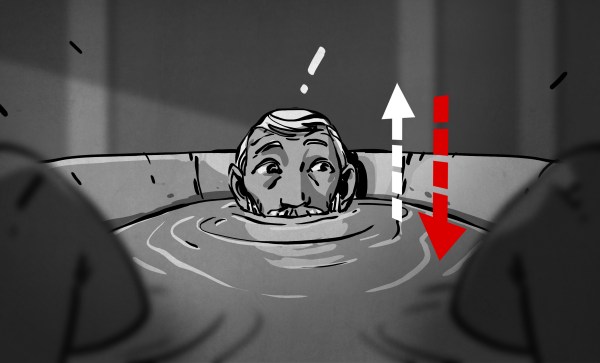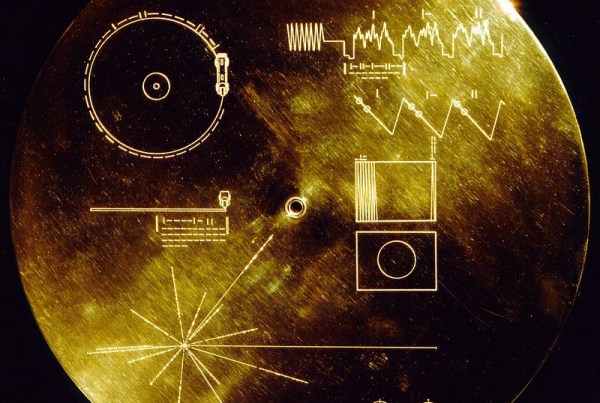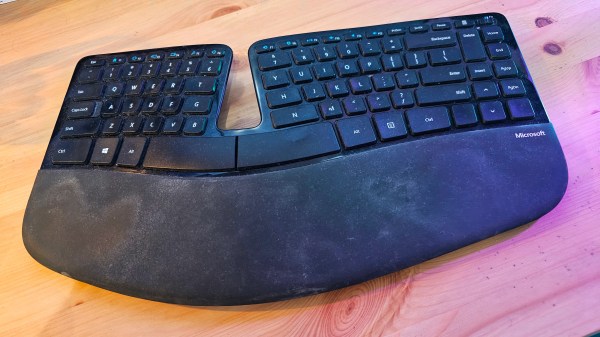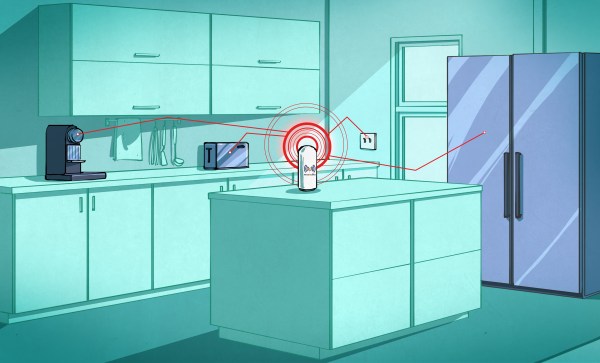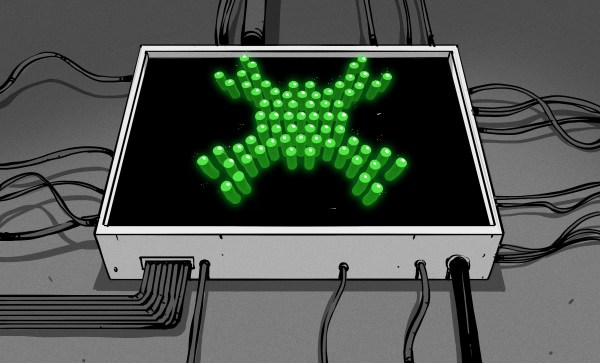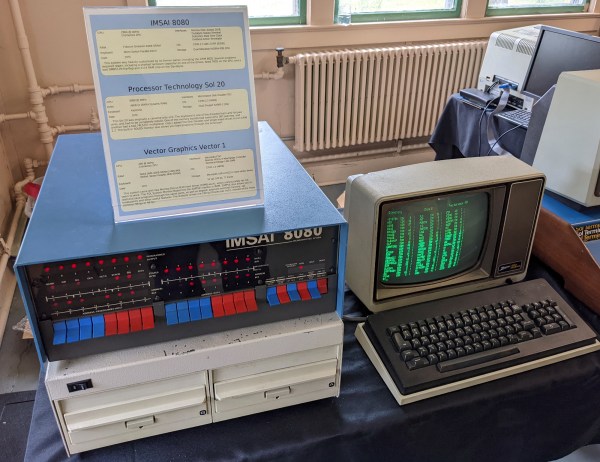Watching a video about a scratch-built ultra-precise switch for metrology last week reminded me that it’s not always the projects that are the most elegant solutions that I enjoy reading about the most. Sometimes I like reading about hackers’ projects more for the description of the problem they’re facing.
A good problem invites you to brainstorm along. In the case of [Marco Reps]’s switches, for instance, they need to be extraordinarily temperature stable, which means being made out of a single type of metal to avoid unintentional thermocouple joints. And ideally, they should be as cheap as possible. Once you see one good solution, you can’t help but think of others – just reading the comments on that article shows you how inspiring a good problem can be. I’m not worried about these issues in any of my work, but it would be cool to have to.
Similarly, this week, I really liked [Michael Prasthofer]’s deep dive into converting a normal camera into a spectrometer. His solutions were all very elegant, but what was most interesting were the various problems he faced along the way. Things that you just wouldn’t expect end up mattering, like diffraction gratings being differently sensitive across the spectrum when light comes in from different angles. You can learn a lot from other people’s problems.
So, hackers everywhere, please share your problems with us! You think that your application is “too niche” to be of general interest? Maybe it’s another example of a problem that’s unique enough to be interesting just on its own. Let’s see what your up against. A cool problem is at least as interesting as a clever solution.

